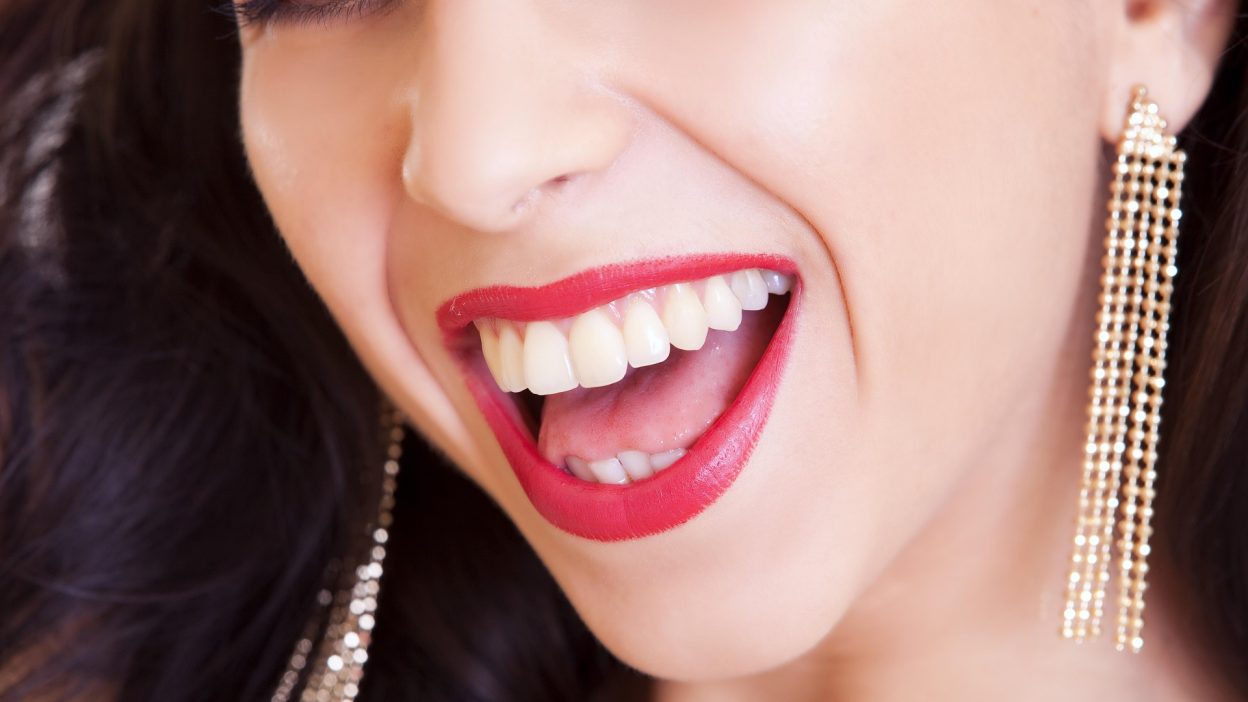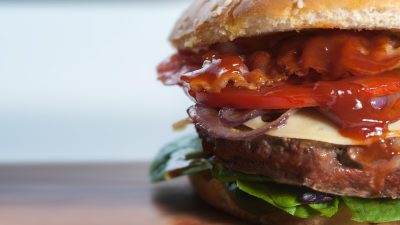Struggling with jaw pain, headaches, or worn-down teeth?
You might be grinding your teeth in your sleep. Discover the best ways to stop bruxism, protect your smile, and enjoy restful nights.
Waking up with a sore jaw, headaches, or tooth pain? You might be unknowingly grinding your teeth at night. This condition, known as bruxism, affects millions worldwide and can lead to serious dental issues if left untreated. Worse still, it has been linked to sleep disorders like obstructive sleep apnoea, which can disrupt breathing and lower sleep quality. But don’t worry—there are ways to stop this habit and protect your oral health. Here’s how.
What Causes Teeth Grinding?
Bruxism can be caused by multiple factors, including:
- Stress and anxiety – Emotional stress is a common trigger for teeth grinding.
- Sleep disorders – Conditions like sleep apnoea can increase the likelihood of bruxism.
- Misaligned teeth – An improper bite can cause your jaw to clench and grind unconsciously.
- Certain medications – Some drugs, particularly antidepressants, have been linked to bruxism.
Understanding the root cause is the first step to stopping it.
Best Ways to Stop Grinding Your Teeth
1. Avoid Caffeine and Alcohol
Both caffeine and alcohol can make teeth grinding worse. Caffeine keeps your nervous system active, making it harder to relax before sleep, while alcohol may cause disturbed, shallow sleep—leading to more grinding. Reducing coffee, energy drinks, and alcohol intake can significantly help in reducing bruxism.
2. Reduce Stress and Anxiety
Stress is a major factor in bruxism. Try these effective stress-management techniques:
- Exercise regularly – Physical activity helps lower stress hormones.
- Meditation and relaxation techniques – Practising deep breathing can help you unwind.
- Counselling or therapy – Speaking to a professional can help manage stress-related teeth grinding.
3. Avoid Chewing Non-Food Items
Chewing on pens, pencils, or fingernails can make grinding worse by training your jaw to clench. If you have a habit of chewing non-food items, switch to sugar-free gum or mints to keep your mouth occupied.
4. Maintain a Healthy Diet with Calcium and Magnesium
A deficiency in calcium and magnesium can contribute to muscle tension, leading to teeth grinding. Include these foods in your diet:
- Dairy products like cheese and yoghurt
- Leafy greens such as spinach and kale
- Nuts and seeds like almonds and sunflower seeds
- Whole grains for additional nutrients
5. Pay Attention to Clenching During the Day
Many people unconsciously clench their jaw while focusing or feeling stressed. Be mindful of your jaw position throughout the day—your teeth should be slightly apart, with your tongue resting against the roof of your mouth.
6. Relax Before Bedtime
A relaxed mind and body can prevent teeth grinding. Try:
- Drinking herbal tea like chamomile before bed
- Massaging your jaw, shoulders, and neck to release tension
- Turning off screens at least 30 minutes before sleep to improve sleep quality
7. Use a Mouthguard If your grinding persists, consider a custom-made mouthguard from a dentist. A mouthguard acts as a protective barrier, reducing the damage to your teeth. While over-the-counter options are available, a professionally fitted one offers the best comfort and protection.




